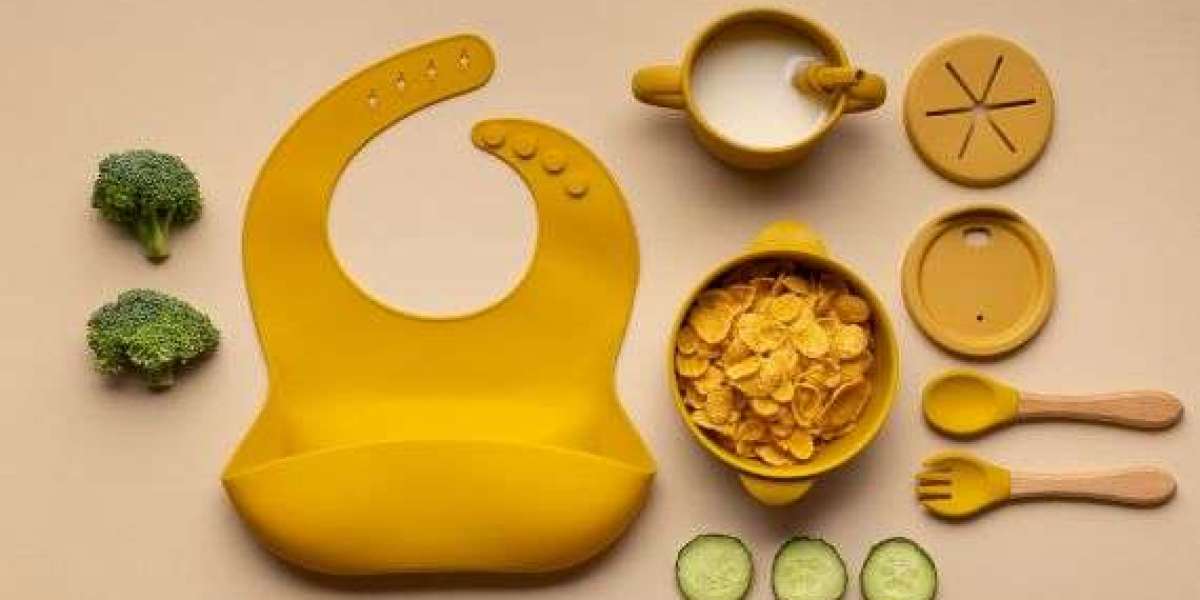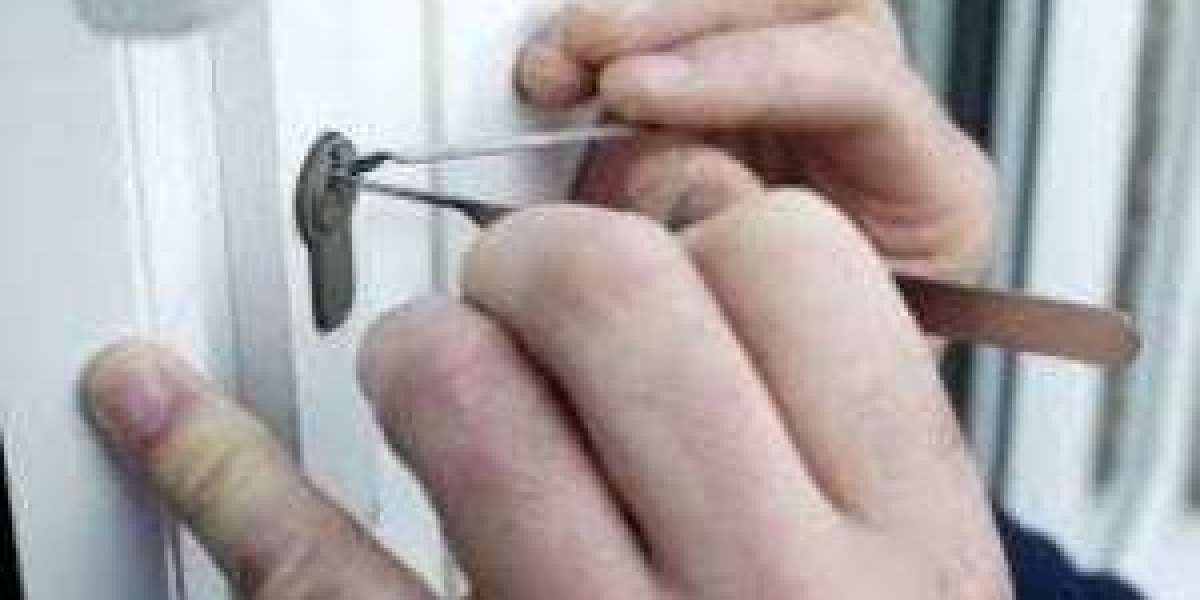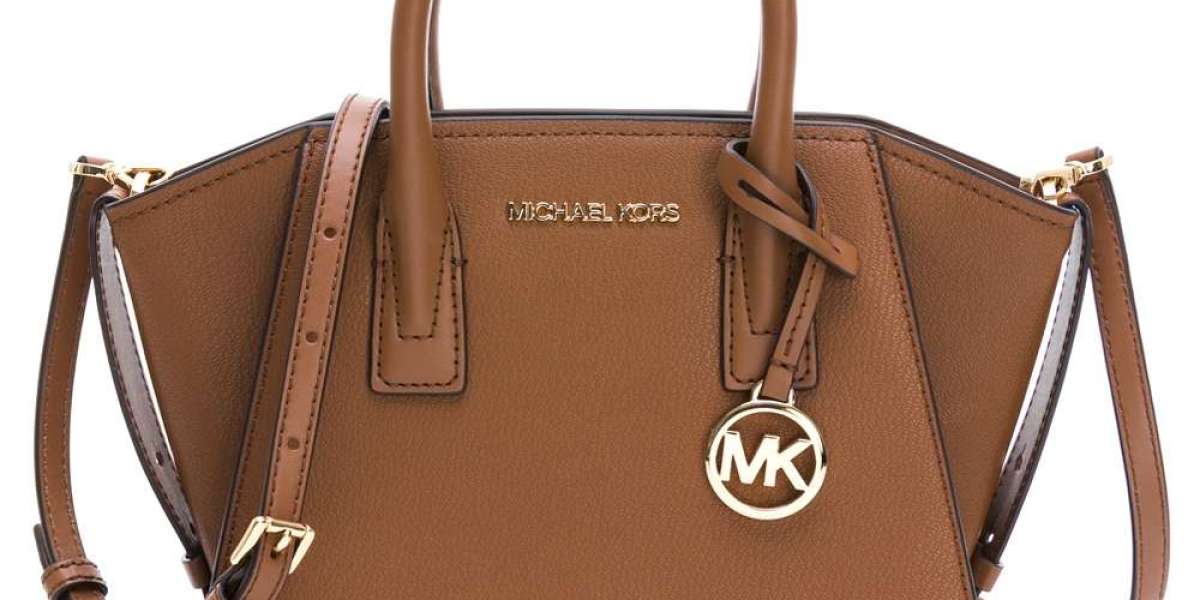Feeding time is a crucial part of a baby's growth, and choosing the right tools makes a big difference. Pediatricians emphasize not only safety but also ease of use, functionality, and development when recommending feeding tools. Whether you're starting solids or bottle feeding, having the right accessories can support both you and your baby. Here's a comprehensive guide to the top-rated baby feeding accessories that pediatricians frequently endorse.
1. BPA-Free Baby Bottles for Healthy Beginnings
Pediatricians consistently recommend BPA-free bottles as a must-have for formula-fed or breastfed babies. These bottles reduce the risk of chemical exposure and often come with ergonomic shapes and anti-colic nipples to improve feeding comfort. Top brands like Dr. Brown’s and Philips Avent are commonly suggested due to their safety features and reliable flow control.
Look for bottles with measurement markings that don’t fade over time and wide necks for easy cleaning. Silicone or soft plastic bottles are often preferred for their flexibility and lightweight build, especially during nighttime feeds.
2. Soft-Tip Spoons and Forks for Early Self-Feeding
Once babies show interest in solids, pediatricians advise using soft-tip utensils designed for their small mouths and sensitive gums. Silicone-tipped spoons are gentle and reduce injury risks while encouraging self-feeding. Some even come with temperature-sensitive tips that change color if the food is too hot.
These utensils help develop hand-eye coordination and independence. A good spoon or fork set should be dishwasher safe, BPA-free, and sized appropriately for small hands.
3. Silicone Bibs to Keep Mealtime Clean and Comfortable
Silicone bibs with food-catching pockets are a pediatrician-approved solution for messy eaters. They’re waterproof, easy to wipe clean, and often feature adjustable neckbands that grow with your child. Unlike cloth bibs, which stain easily and require frequent laundering, silicone bibs offer durability and hygiene in one.
Look for bibs with wide catch pockets and flexible material that doesn’t irritate the baby’s neck or chest. Pediatricians appreciate how these bibs reduce food waste and simplify post-meal cleanup.
4. Sectioned Plates and Bowls for Balanced Nutrition
Introducing solids isn’t just about feeding; it’s also about helping babies recognize different textures and tastes. Pediatricians recommend using sectioned plates and bowls that encourage variety. These accessories allow parents to offer different food groups at once—promoting a balanced diet from an early age.
Choose plates with suction bases that prevent spills and bowls that come with lids for storage. Silicone versions are especially recommended for their safety, non-slip properties, and microwave compatibility.
5. Sippy Cups and Transition Tumblers for Independent Drinking
Graduating from bottles to cups is a developmental milestone. Pediatricians advise starting with sippy cups that have soft spouts or straws to support oral development. Transition tumblers with spill-proof designs also help babies learn to drink without assistance.
Look for cups that are easy to grip, leak-resistant, and have parts that are easy to clean. Avoid cups with too many components, as they can trap bacteria and be difficult to sterilize. Silicone cups are again a great option—safe, soft, and durable.
6. High Chairs with Proper Posture Support
While not always classified under traditional baby feeding accessories, high chairs are essential for safe feeding. Pediatricians highlight the importance of high chairs that provide upright posture support, with footrests and adjustable height settings. This helps reduce choking risks and supports proper digestion.
Opt for chairs that are easy to clean, have a wide stable base, and come with a secure five-point harness. Models that grow with your baby and convert into booster seats offer excellent long-term value.
7. Baby Food Makers and Storage Sets
For parents who prefer homemade baby food, pediatricians recommend simple food processors that steam and blend fruits and vegetables. These machines often come with BPA-free containers for easy storage. Preparing food at home ensures control over ingredients and introduces your baby to fresh, wholesome meals.
Storage sets with clear labeling and portioned compartments help monitor your baby’s intake. Look for freezer-safe and leak-proof containers made from safe materials like silicone or food-grade plastic.
8. Paced Feeding Tools for Breastfed Babies
Paced feeding helps bottle-fed babies mimic the breastfeeding experience and reduce overfeeding. Pediatricians advocate for slow-flow nipples and bottle systems that support this method. These accessories are ideal for mixed-fed infants and help avoid nipple confusion.
Choose systems with a venting mechanism to reduce gas and colic. Pediatricians also suggest holding the baby upright and maintaining eye contact during paced feeding to enhance bonding.
Conclusion: Making Informed Choices for Healthier Mealtimes
Selecting the right baby feeding accessories is more than a matter of convenience—it’s about supporting your child’s growth, safety, and independence. From silicone bibs to soft-tipped spoons and ergonomic bottles, pediatricians emphasize accessories that promote comfort and healthy development.
By choosing high-quality, non-toxic products recommended by healthcare professionals, parents can ensure a safer and more enjoyable feeding journey. Whether you're introducing solids or transitioning to self-feeding, these accessories can make mealtimes more effective and stress-free.
Incorporating pediatrician-approved baby feeding accessories into your routine can ease daily challenges and foster better nutrition habits early on. With the right tools in hand, parents can focus more on bonding and less on mess.



